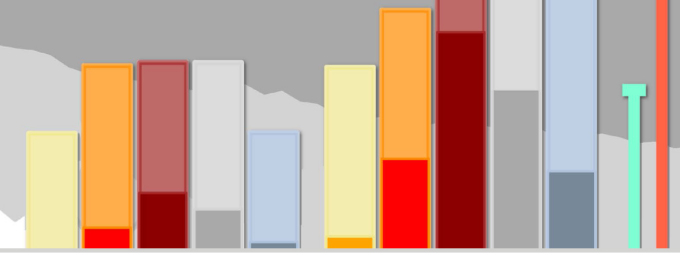
Regional System Modelling
A Tool for integrated and sectoral approaches
Global warming has diverse impacts for a variety of sectors and regions from continental to regional and local scales.
The physical impacts of climate change come along with socio-economic consequences. Impacted areas and sectors are for example energy and financial industry, critical infrastructures, urban and regional planning, coastal protection or water resources management. Particular challenges are extreme events, limited to a local area, which may entail urban flooding events or failures of critical infrastructures.
The sustainable development of a region requires responsible action: In addition to mitigation, also adaptation activities are mandatory in order to adapt to unavoidable impacts of climate change.
To be able to manage regional systems in terms of climate change, an integrated approach considering all relevant sectors with regard to potential climate changes and their impacts is required.
In order to create a comprehensive data and information base, we develop a frame for a regional system model at very high spatial resolution jointly with strategic partners. From gaps in knowledge identified in practice, specific research questions are derived which are transmitted to fundamental research.
A regional system model as described above is characterized e.g. by the following elements:
- Regional climate models
- Hydrological models
- Integrated assessment models / Economic models
- Models for decision support
- Spatial planning models
- Sociological models
- etc.
A strategy for the selection of the appropriate elements in order to be able to analyze the impacts of climate change in a certain region is developed as part of the “Regional modelling toolkit”.
Regional modelling toolkit
